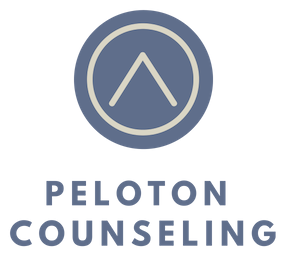about us:
We believe that trauma directly impacts our day to day relationship which is where EMDR becomes such a great resource. We have witnessed some of the greatest healing moments through the EMDR process. Our focus is to foster an environment not only for healing but for full living. EMDR can be an avenue to help kickstart that process. Our approach is rooted around emotions, story, and what is happening in the moment.
To some extent, we all have trauma. One of the most researched and proven treatment models is the use of EMDR. I use EMDR as an ancillary modality in helping clients through memories and events where they seem to be stuck. It has been said that trauma can be either a big "T" trauma like witnessing war or little "t" trauma which are events that we give very little attention or notice. These little "t" trauma events have often been found to be more difficult to resolve. I believe this is because we do not give these events the notice or attention. EMDR helps an individual reprocess those memories and events at one's own pace.
the process:
EMDR is very different to many other treatments in that it is very systematic. It has a procedural approach unlike other modalities that can be more abstract and conversational. EMDR follows very distinct steps that allows the psychotherapist and client to know exactly where the client is in the process. EMDR often times requires less session visits than general "talk" therapy because it is so target focused.
The reality is that there are many ways to help a person heal. EMDR seems to take a person there quicker. I often tell my clients that there are many ways to get to the New York City. You can fly, drive, or take a train. One particular method is not better than the other, rather it is that person's preference on how they want to get there. Using this metaphor, EMDR is like flying. It gets you there faster.
Frequently Asked Questions:
Is EMDR like hypnosis? No, EMDR always has you present and grounded in the moment. Some confuse EMDR with hypnosis because of the eye movement process.
How many sessions does EMDR generally require? I tell clients on the front end to give EMDR a try for four sessions on a weekly basis. This allows the client and psychotherapist to get in a good rhythm and seems to also provide enough time in between sessions to allow the brain to continue to reprocess / heal between sessions.
Do you take insurance? I do not accept insurance. I will provide a receipt that allows you to submit to your insurance provider. I have found that some of my clients have preferred not filing through their insurance because the insurer requires a diagnosis that is then recorded on one's medical files. If you have an HSA account, often times (pending your plan) they will accept a receipt and that is sufficient.
Will EMDR really work? EMDR is not an "end all" to therapy. It works for some and for others it does not seem to have as big of a impact.

